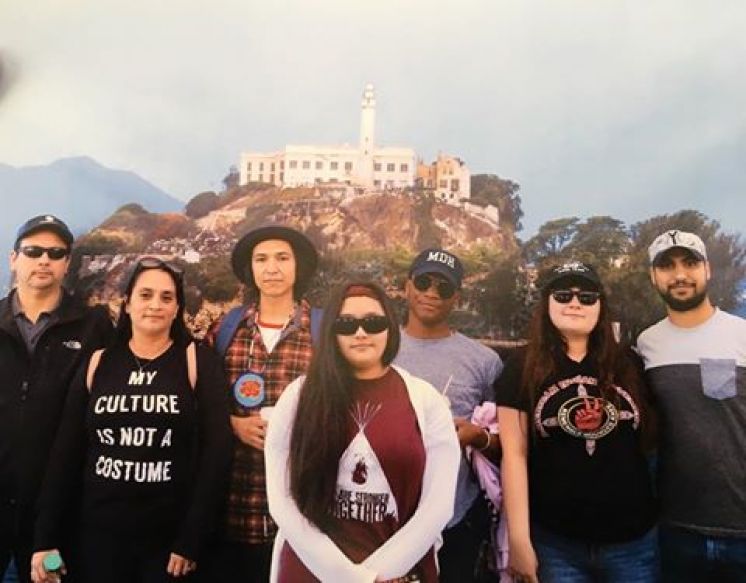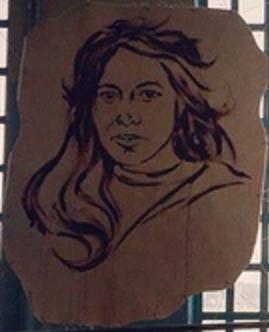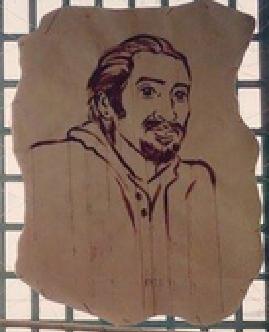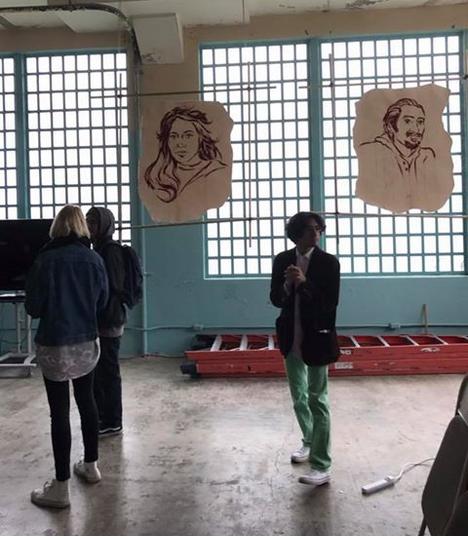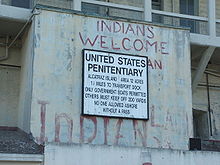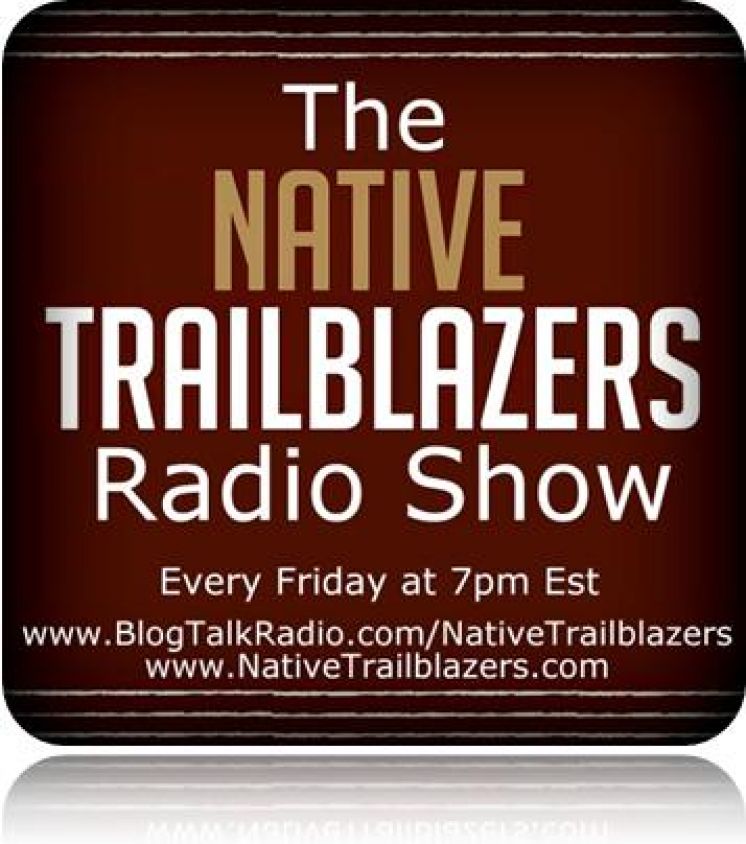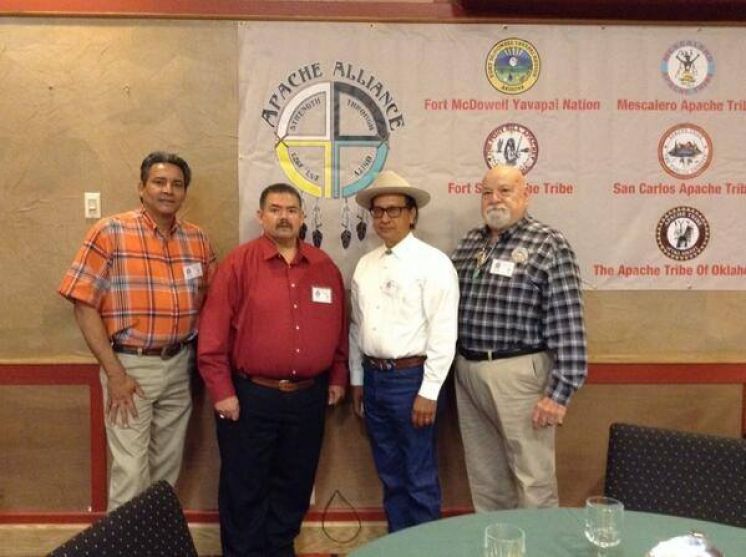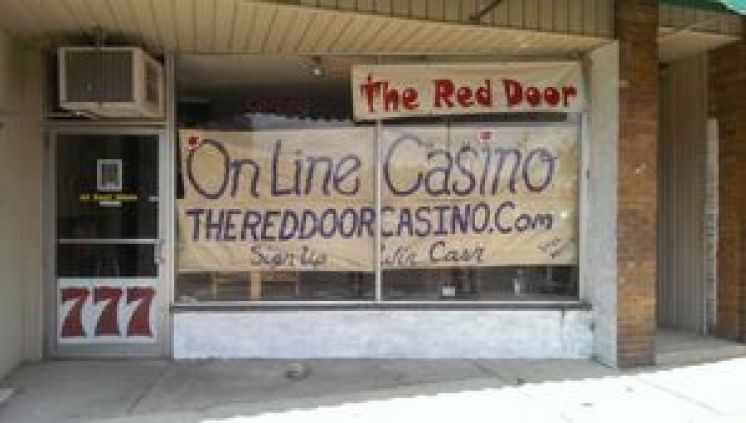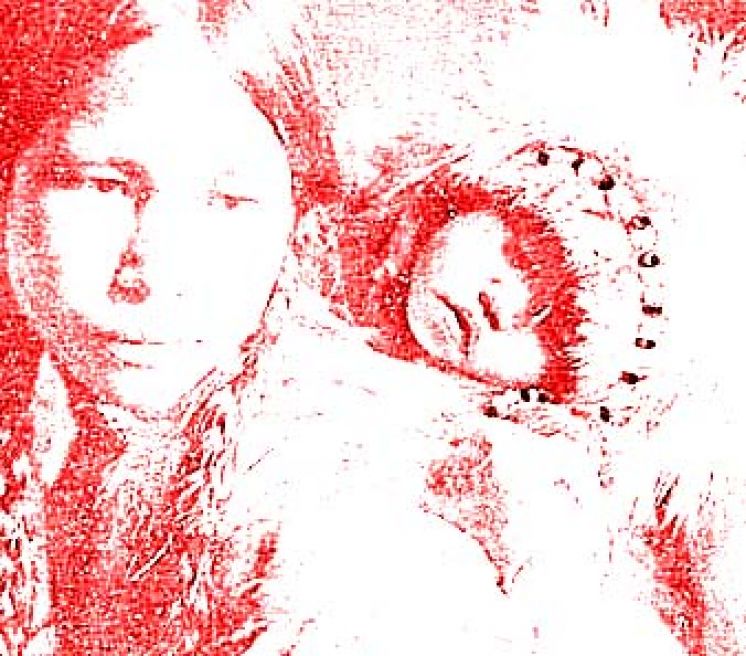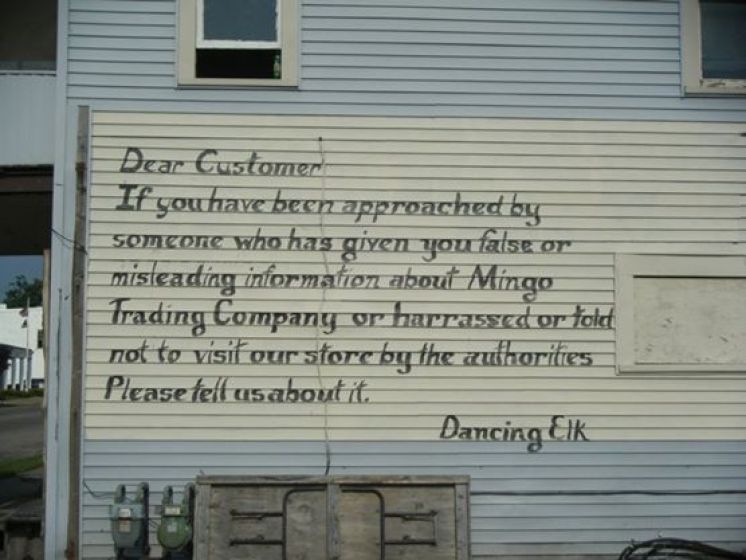Do Indian law rulings spell the end of federal recognition?
Historically, when Native American tribes entered into treaties with the United States, there were no lawyers to assist the communal interests in negotiating the greatest good. Yet today, a recent legal ruling discourages non-lawyers from representing non-federally recognized tribal groups, while not addressing such pro se appearances on behalf of federally recognized tribes. Does this spell the end of federal recognition for tribal groups unable to pay for legal counsel to advance their political aspirations? Is this action another form of divide and conquer?
The ruling, by a federal magistrate in Robinson v. Jewell (E.D. Cal), appears to be modeled on a previous decision from the Southern District of Ohio, according to an individual there affected by that ruling. Marshall Lucas, of Logan, Ohio, goes by the name of Dancing Elk. As the Chief of the unrecognized historical Notoweega Nation, Dancing Elk has reviewed the latest ruling and sees little difference in his treatment versus the one involving David Laughing Horse Robinson, Chairman of the Kawaiisu Tribe of Tejon in California.
“The battlegrounds facing Native people today routinely look less like Standing Rock and yet quietly, and more destructively, carve up American Indian sovereignty on a day-to-day basis, one decision at a time. At some point, the distress flag has to be raised. When we try to take these fights to the court system, as the Golden Hill Paugussetts did for so long in Connecticut, the outcomes rarely take our positions under serious consideration to even render a fair judgment. The trend of these rulings would make even a casual observer take pause, let alone lose faith in the system,” Dancing Elk told me.
Both of the rulings reflect a continuing uphill battle for unrecognized tribes. Without an economic base to offset the overhead expense of entering into the recognition process, many dedicated individuals of Native heritage are left standing alongside the Red Road, hat in hand, with slim prospects for the continuity of their culture officially.
Dancing Elk asserts that tribal groups seeking federal recognition should be extended funding to make their compelling cases best until a decision or a successful appeal is rendered in a valid claim. Possibly the funds could be repaid thru tribal economic enterprise once the recognition process is formalized.
Barring this unlikelihood, these tribal groups may be experiencing an ongoing violation of the 14th Amendment. Furthermore, no other distinctive heritage than Native Americans finds itself in this precarious position. That would seem to set these struggles singularly apart from African-Americans, Hispanics, Asian-Americans, or any other population segment engaged in ongoing litigation with the United States. Any pro se involvement with their respective lawsuits does not seem to warrant targeting like the affected Native lawsuits.
“This seemingly trivial matter may likely be a U.S. Supreme Court-level argument,” Dancing Elk explained to me. “There is a contradiction, whether literal or actual in nature, which reduces the burden for previously recognized tribes. That recognition serves the U.S. government’s agenda, best shown by the 1823 Supreme Court ruling in Johnson v. M’Intosh, establishing that American Indians only hold a “right of occupancy” upon the land they reside on, due to the ruling and the American Revolution outcome.”
The Doctrine of Discovery was cited by then-Chief Justice John Marshall in Johnson v. M’Intosh, in the first of three rulings which constitute the “Marshall Trilogy” which much of contemporary American Indian law is based. It is also a concept that has been increasingly railed against by Native scholars such as Steven Newcomb. These concerns have been taken to the Vatican itself, but despite the ensuing publicity and some lip-service by the Catholic Church, the status quo outcome straddles the Age of Exploration to the era of Big Government in America.
To anyone reading this and only hearing the words unrecognized tribe, the implication is that they lack something in their federal recognition application. Hence they are not “real” North American Indians. Yet, in some states like Ohio or the Commonwealth of Pennsylvania, there are no formally recognized tribal groups despite the prodigious amount of Native history in each. Nothing slipped through the cracks in either example. The attitude was to marginalize any mounted Native land claims, let alone allow exclusions to such state rule by even tolerating tribal governments in their midst.
How and why sane Native activists would even consider entering the field of Indian Law but that is exactly the path that Dancing Elk is taking these days. He laughs a little in a tired way as he explains that if he cannot get through his current semester of pre-law studies that the dreams of the Notoweega Nation followers to achieve federal recognition are at risk. His attempts to generate the elusive legal funding, to eventually qualify for the Department of the Interior appropriation, have also been ordeals. Whether through tobacco sales or even computerized bingo sweepstakes, Dancing Elk took a now-familiar path in his tribal business planning. Those failed results have been exacerbated by the DOJ asset forfeiture of his personally-owned property and a dogged effort by Ohio prosecutors to minimize his proceeds.
Apparently, a lot of Ohioans in the southern part of the state subscribe to being part of the Notoweega heritage. That left an impression on me that I just cannot look past. I was aware of a group that I ran into in Pennsylvania years ago, which eventually ended up in Ohio that also sought federal recognition. Their followers were much more concentrated among very few family bloodlines, and their form of government seemed to model at best a benevolent autocracy replete with animal skin clothing and stone tool craft sales. They brought their own fire with them wherever they ended up. Conversely, Notoweega heritage stretches into West Virginia, Kentucky and sprawls into the Appalachian Trail.
Working against such groups is that the longer your membership base has to survive in a mainstream setting, the less likely the bloodlines of the culture-bearing families will be able to maintain a level of blood quantum in their population of initial core tribal member applicants. Thus, idle time itself kills a lot of the potential of these fledgling tribal groups, valid application or otherwise.
As far as Dancing Elk himself, he keeps busy as a working actor in a number of motion pictures and television features; both completed and in production today. For anyone saying that he is a turkey-feather chieftain and a publicity hound, they are missing the point.
“I know all sorts of people that I have worked with whose names are known to the general public, making them technically famous. After talking to them about the basics of some of these issues, even they can agree that a miscarriage of justice, as well as political prosecution, have occurred to derail a federally recognized Notoweega Nation government. Our people in Barbour County, West Virginia, proclaimed a Federal Indian Reserve in 1763, only got electricity to our homes in 1978. That was only 40y years ago. Those that moved to Zanesville, Ohio, living on ceded land reserved under treaty rights, they only got running water a few years ago. For all of the good that a tribal government could do here in bringing people together, we also could advance the regional economy in ways that local government cannot. We want the best outcome for the greatest number, not just our Native families.
The fine line between successful federal recognition and extinguished tribal fires is very thin. The California ruling on pro se representation may be the closest thing to a full bucket of water being thrown over the hopes and dreams of a smoldering, marginal Native population, deprived of their cultural destiny by a self-serving policy of exclusion and Nineteenth-century thinking.
Charles Kader (Turtle Clan) was born in Erie, Pennsylvania to a World War II veteran. He attended Clarion University of Pennsylvania, earning degrees in Communication and Library Science, as well as Mercyhurst College where he earned a graduate degree in the Administration of Justice. He has worked across Indian country, from the Blackfeet Community College in Browning, Montana (where he married his wife) to the Saint Regis Mohawk Tribe, and now resides in Kanienkeh.

